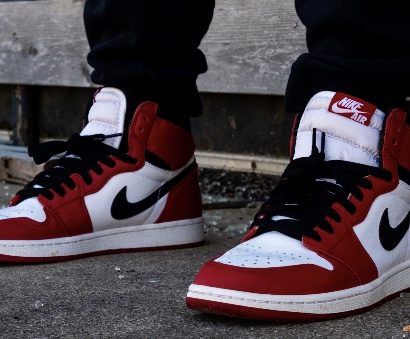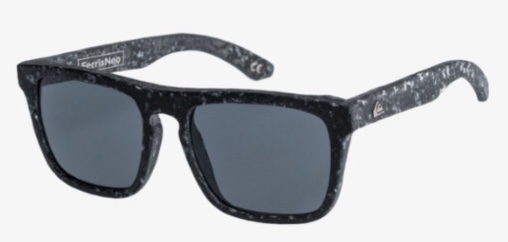The Fashion Revolution Blames Brands for Not Performing Emissions Goals.
Fashion Revolution has been monitoring its data for the past seven years and is replacing its Fashion Transparency Index with the What Fuels Fashion Report, which uses decarbonization and energy-related data. The findings? The fashion industry is failing to pursue decarbonization objectives.
Nike Under Fire for Labor and Human Rights in the Supply Chain

Smallholder investors are looking into Nike for violating its supply chain’s individual rights and labor standards. A group of 70 shareholders, who own$ 4.4 trillion in Nike assets, are escalating the issue after receiving no response to a letter from last year asking the company to pay Southeast Asian supply-chain workers millions in back-pay, which is reportedly owed since 2020.
Sunglasses Made From Upcycled Wetsuits
A 150-pair, limited-edition set of sunglasses made from upcycled wetsuits has been created by Quicksilver and European eyewear designer Oceneo. The clothing was purchased from Quicksilver’s takeback program in six locations along France’s Basque and Landes coast.
3D Weaving Machine by unspun Could Cut Overproduction

unspun’s founders, Beth Esponnette, Kevin Martin, and Walden Lam, created a machine that can weave thousands of yarns into garments within minutes. This cutting-edge technology improves production agility, reduces lag in meeting on-demand trends, and reduces overproduction in order to possibly reduce global carbon emissions by 1 %.
Team USA at the Paris Olympics wearing recycled cotton polos

For the 2024 Summer Games in Paris, Team USA donned Ralph Lauren’s 100 % recycled cotton polos, which set off a significant change for the fashion house. The polos, which were originally made from virgin cotton, were a product of years of research, and serve as a reminder to the industry that a trend toward recycled materials is possible.



